Soap Saver Bag: 3 Reasons Why You Should Use One
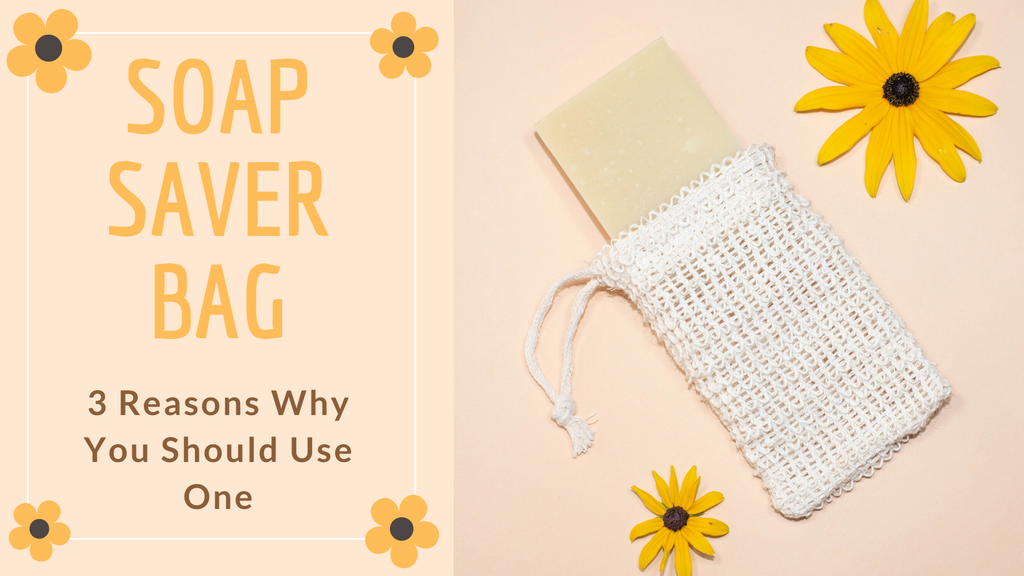
Soap saver bag or plastic pouf?
Many bathroom essentials can be traded up to plastic-free items. Today we take on the loofah.
The plastic pouf dangling in the shower needs to go. More and more research is coming out that these bathroom ornaments are not good for our skin.
A zero-waste soap saver pouch is just the ticket.
It extends the life of the soap bar. It is a clean way to store soap. Versus in the bacteria thunder dome aka soap dish. It doubles as an exfoliating surface to smooth your skin.
The best feature, it is made with natural bristles so it can be composted when it wears out.
Plastic Goes Pouf
Let us begin with the plastic loofah. It is a relatively modern invention.
Like most plastics, the shower pouf came to us in the industrial age. It is an homage to the original body scrubber that dates back ages, a plant luffa, that grows on a vine. The loofah sponge is one long plastic net sewn into a bright ball.
Dermatologists Say No
Many dermatologists do not recommend this plastic bathroom staple.
The combination of using the pouf to wash our lovely bits and storage in a humid area is faulty. This promotes bacteria growth in the nooks of the netting. While it is necessary to exfoliate, it can be overdone.
Being made of plastic it is possible to scour the skin. Add a hot shower where our pores open up. The loofah becomes the ideal transport for bacteria. Out of the shower, in the cool air, our pores close. This traps harmful microbes beneath the surface.
Check out more info about the loofah here:

Off to the Landfill
Sadly plastic loofah’s are difficult to recycle. Generally, they are made with single-use plastics. Though it is possible to recycle them into plastic bags.
Regrettably, places that collect used plastic bags to re-purpose, only accept used plastic bags.
Dermatologists recommend replacing plastic loofah’s every 2-3 months—at the very least. And so the fate of the shower pouf is off to the landfill, where all discarded plastics will reside for the next millennia.
3 Reasons Why You Should Use A Soap Saver Bag
Luckily there is an alternative to the plastic loofah. Check our this natural loofah.
The soap saver bag has arrived to save the day.
Here are 3 reasons why you should make the switch:
1. Extend the life of your soap
The practice of transferring soap to the loofah frequently leads to waste. Aiming for an extra rich lather uses too much soap. The suds just go down the drain. Also, it depletes the skin of natural oils and will dry it out.
So using less soap or shampoo is a great thing! Less is more with this pouch.
With a quick soak under the water, it will be foaming in no time. With the soap saver pouch, the soap bar is contained.
What to do with the last remains of a soap bar?
Pop soap remnants into the bag with the next bar. They will bond together to become one. Now you can wash with the end of the soap comfortably. As well as avoid annoying encounters with the final soap chips. That never turns out at planned.
2. No more soap dish goop
Soap dishes can be a giant cesspool of soap scum and bacteria. After use it is tossed to the holder where it sits in a puddle of skin filth and water.
The soap really gets down and dirty transforming into slime. Think about all the bubbles that could have been. Instead the decomposing soap bar is a gooey mess. Another to-do for cleaning day.
A Safe Soap Pouch
This is the perfect addition to specialty soap bars. They have a tendency to melt in water. Slip the soap bar into the pouch and secure it with the drawstring. This pouch snuggles around a bar of soap.
When you are finished give it a quick rinse and hang it up. You can put in the same place as your old plastic loofah. Sloppy messes and invasions of bacteria are prevented. The bag and the soap will dry easily.
3. Only the best exfoliation
This is a dual-action exfoliator. It is a divine remedy to the traditional hygiene routine. If you are looking for an effective body scrubber but soft on the skin, look no further.
Massage the body and/or the head. As mentioned above a little soap and water go a long way. The soap will lather as you exfoliate. The real magic is the all-natural sisal bristles.
You will be singing in the shower with your new sisal exfoliating bag.
The fibers are firm enough to slough off dead skin, without scratching.
Leaving a smooth finish.
What is Sisal?
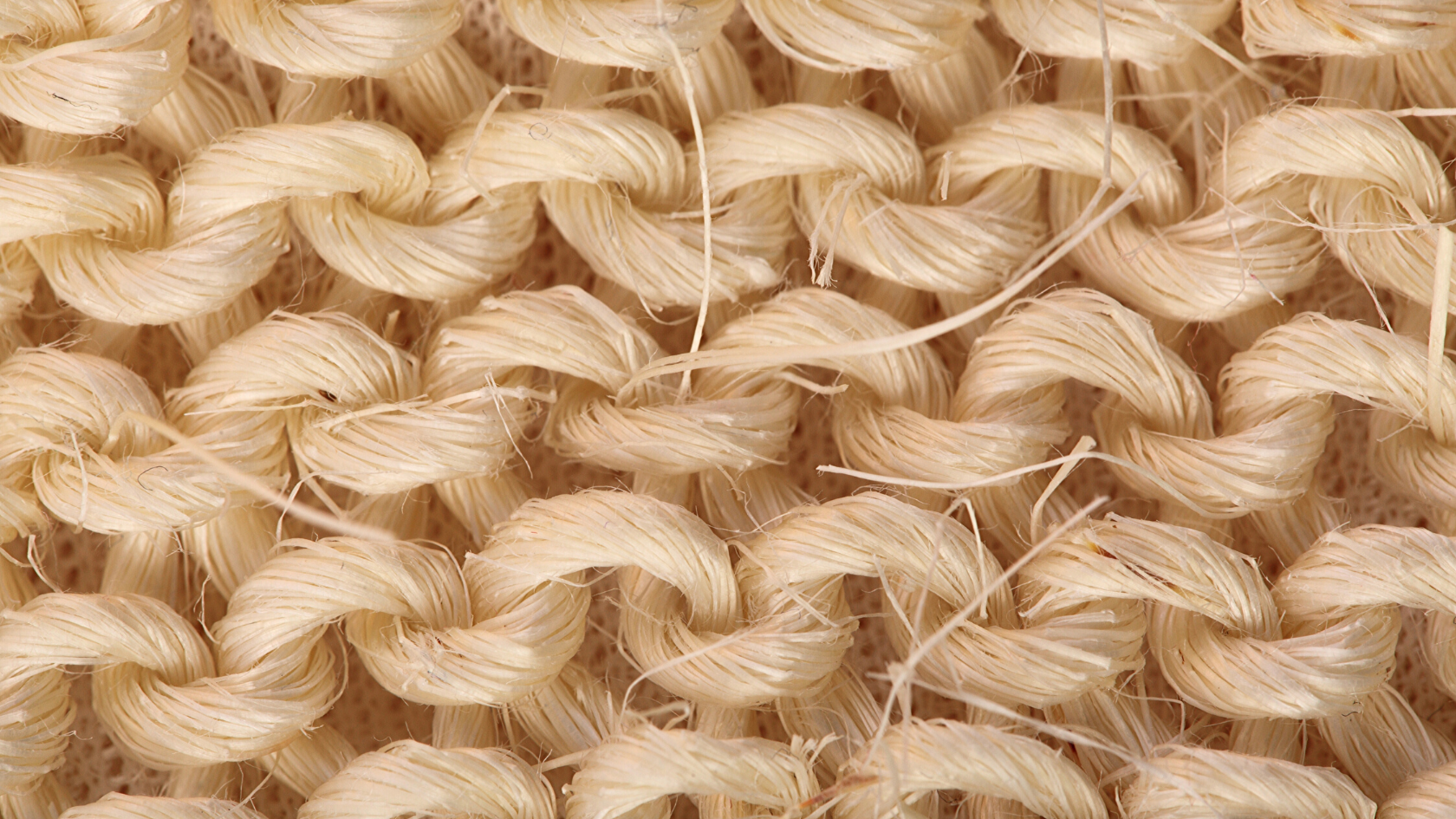
Sisal is a natural fiber that comes from the agave plant. It is utilized as twine and rope. Due to its’ strength, it is popular in coastal environments. Saltwater or hard water will not break these fibers down.
This is why exfoliation is such a dream with this bag.
The fibers are ethically sourced, non-toxic, and safe for use on the body. Coming from a plant makes it sustainable and environmentally friendly.
Once your soap saver bag has lost the life you can compost it.
Bury it the garden, and enjoy vitamin-rich soil.
Why wait?!
There are so many pros to switching out your plastic loofah. There will be a noticeable difference in the duration of your soap bar.
The soap saver pouch aligns with your purchase of artisan soap bars stacked up at the local market. They are calling your name.
As a multi-tasking exfoliator, it kills two birds with one stone. The most important element is that it is plastic-free. It is a small accessory that will reduce your carbon footprint and make you squeaky-clean.
Knowing that plastic has a smaller role in your personal hygiene is a sweet feeling.
Head over to the EcoRoots zero waste store. For only $5.97, this bag is available for your delight.
Get scrubbing. Get saving. Get green.

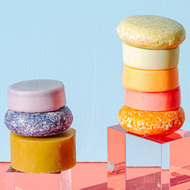






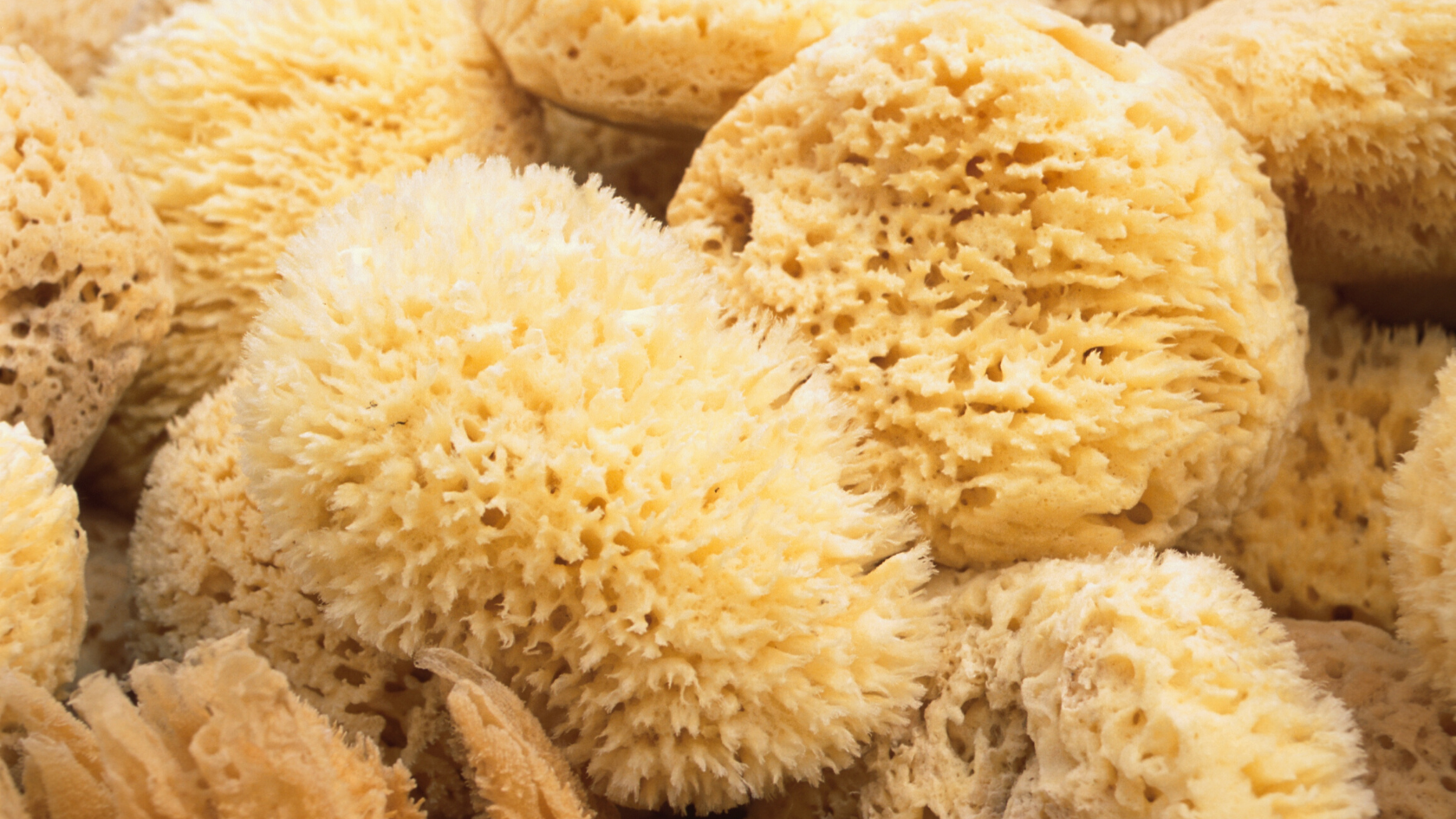
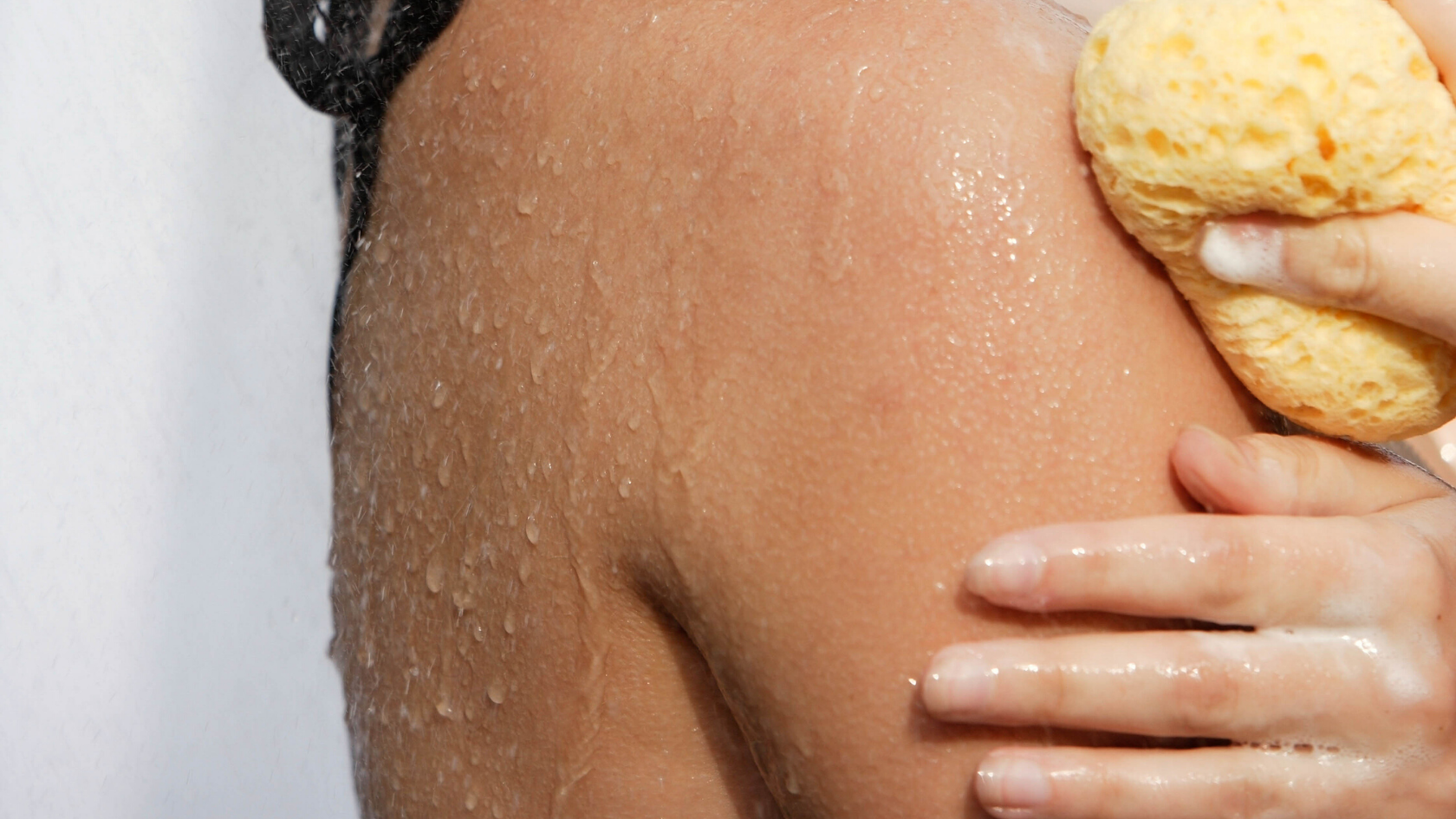
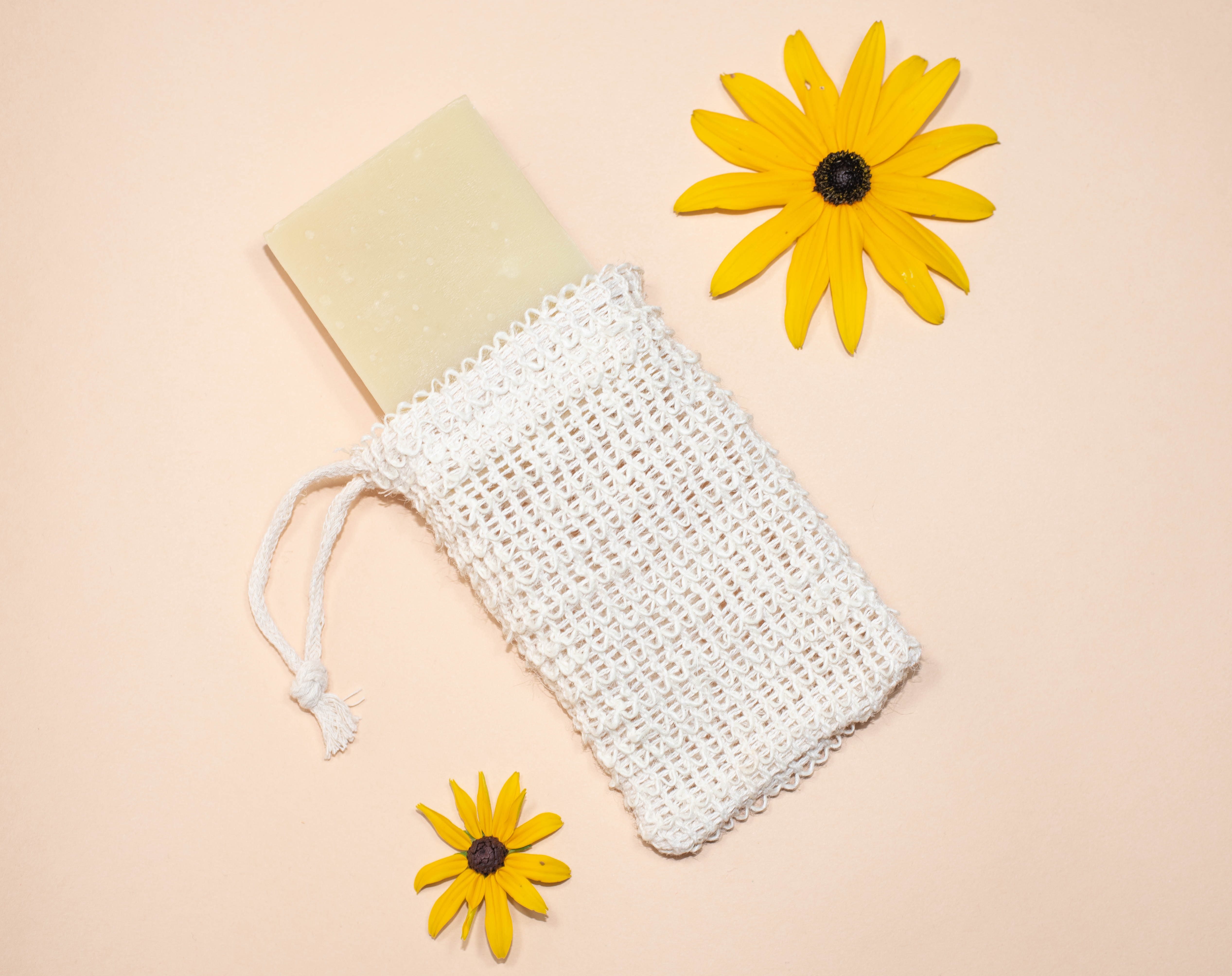
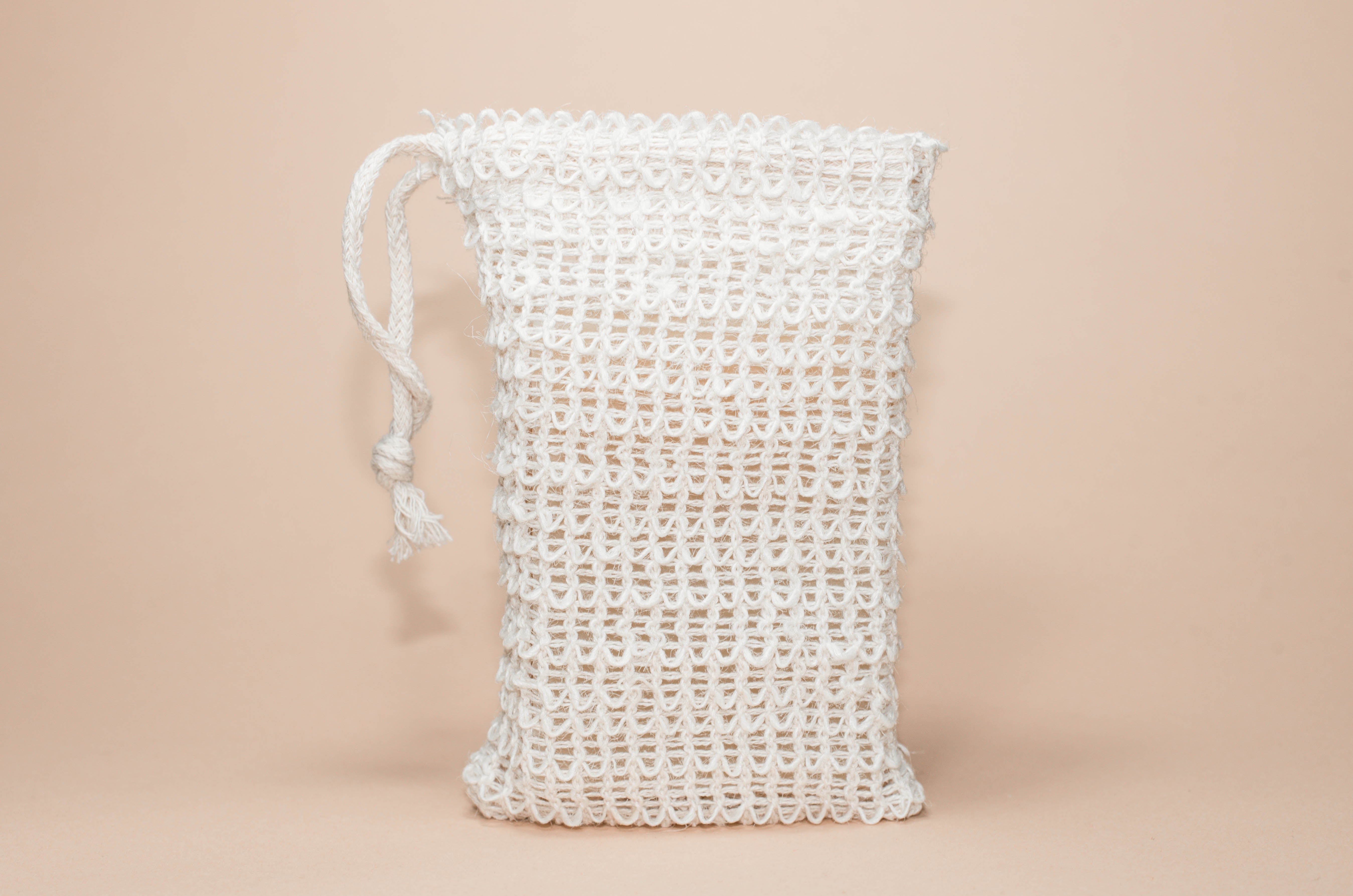
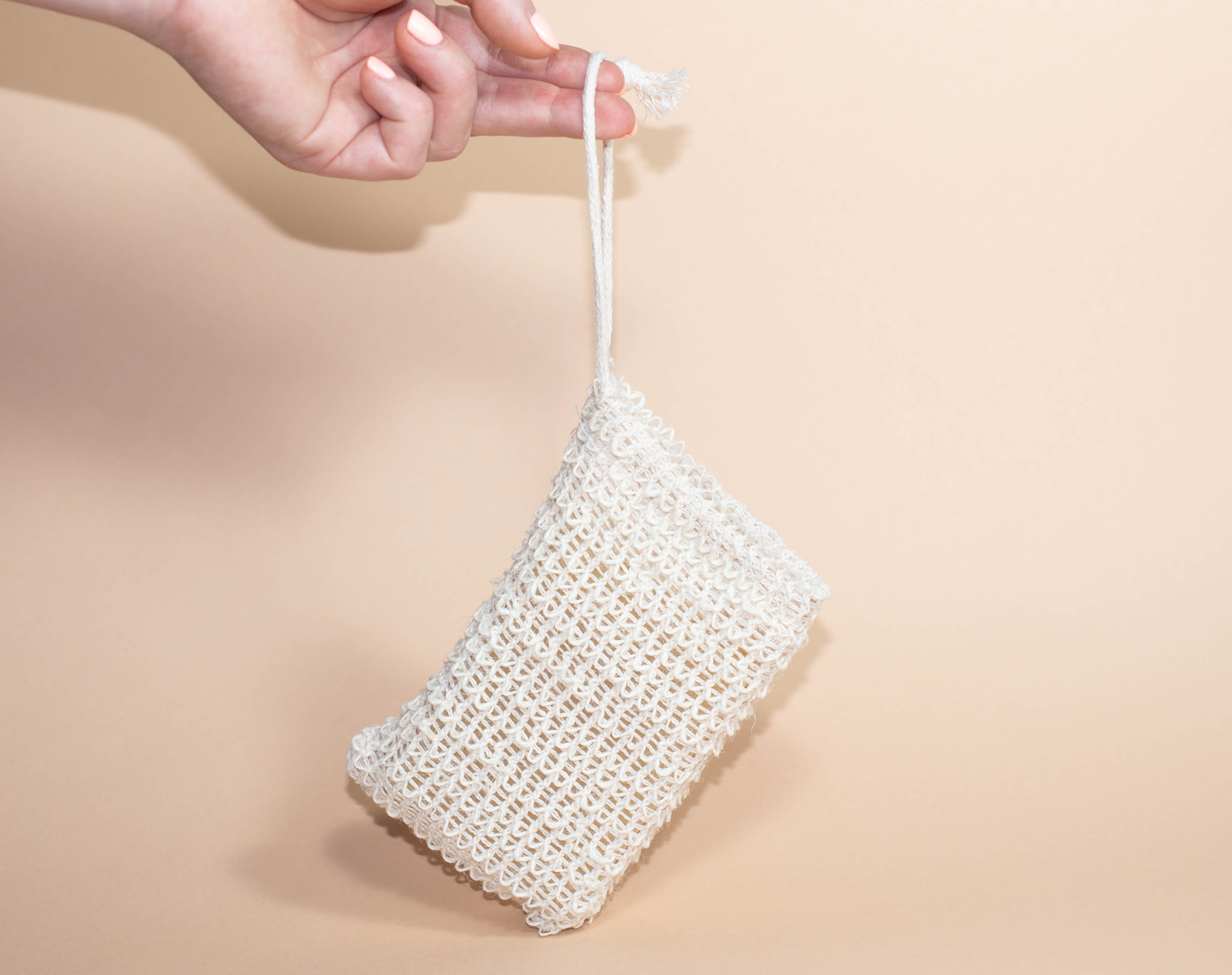
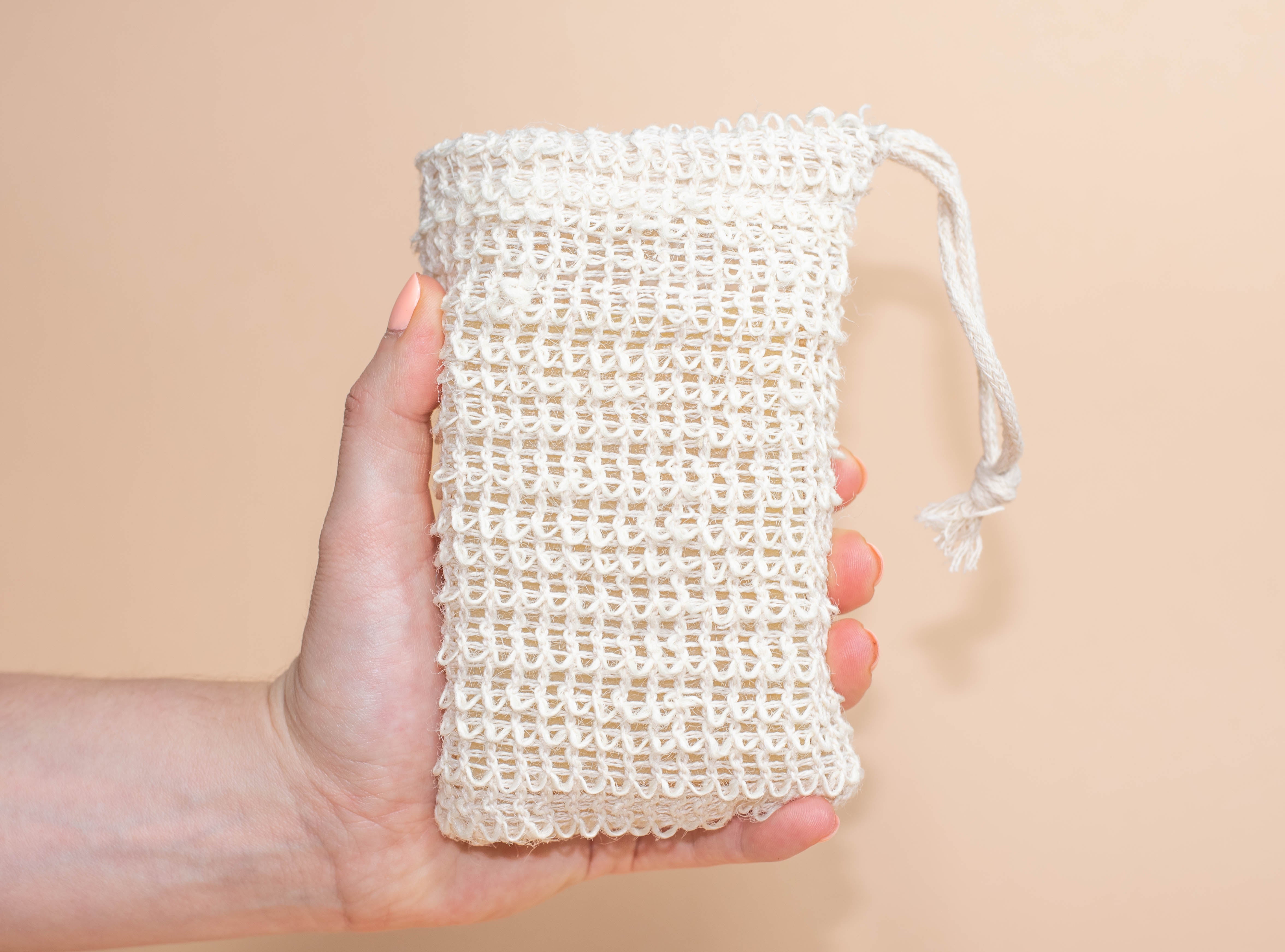
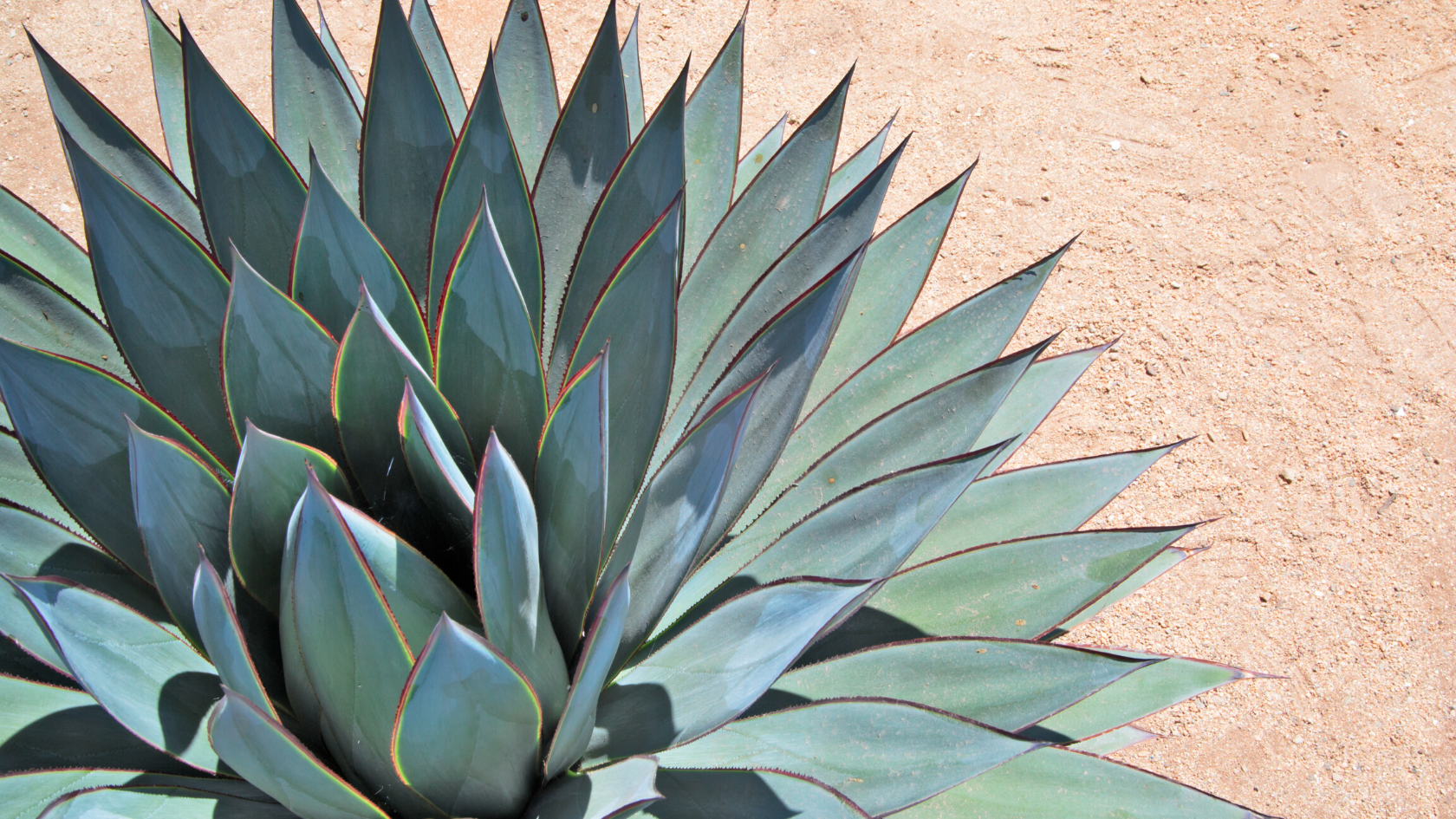
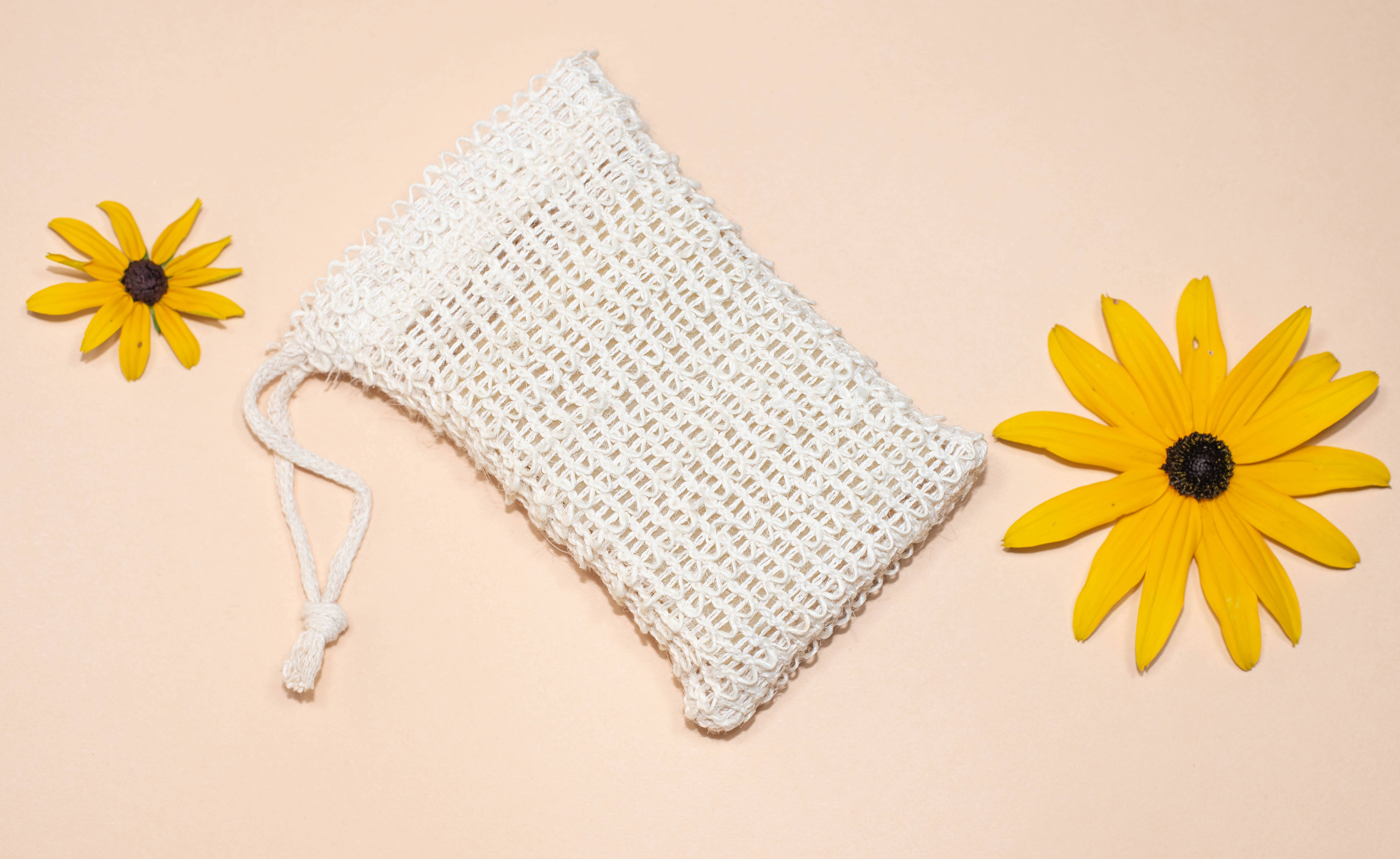
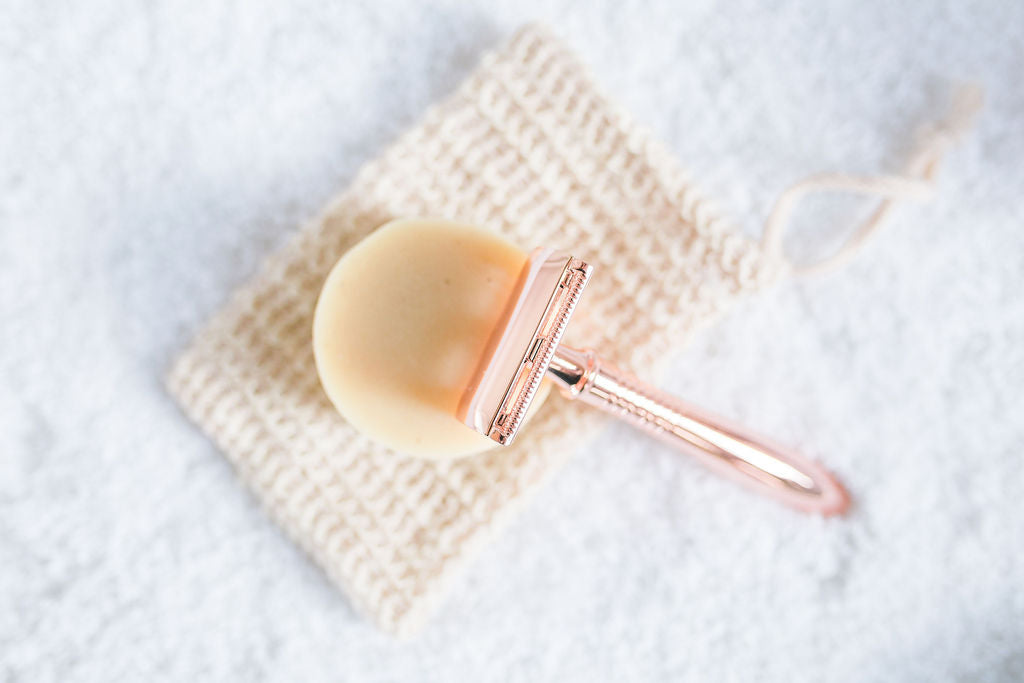
Leave a comment